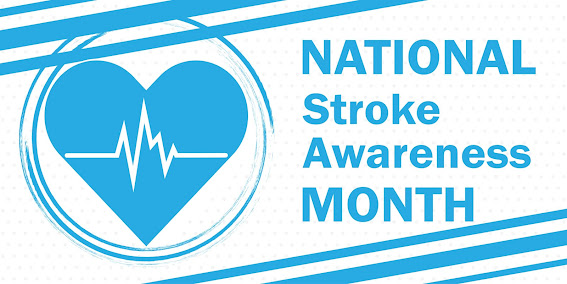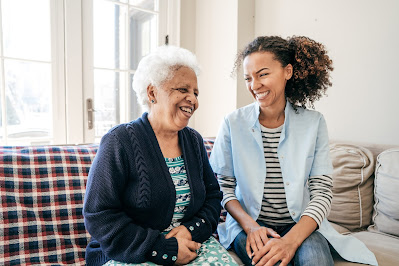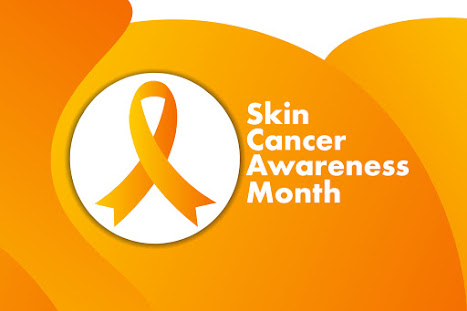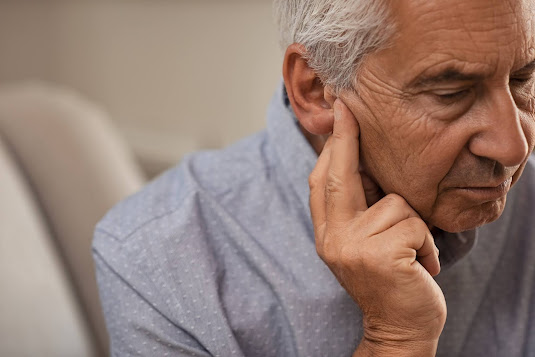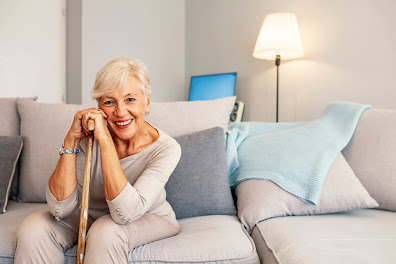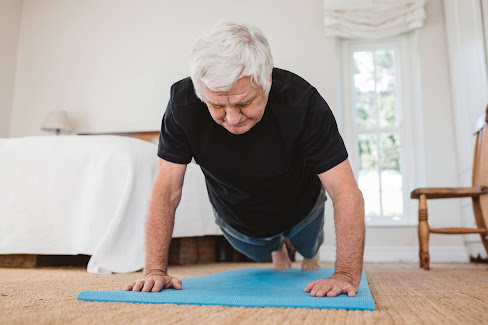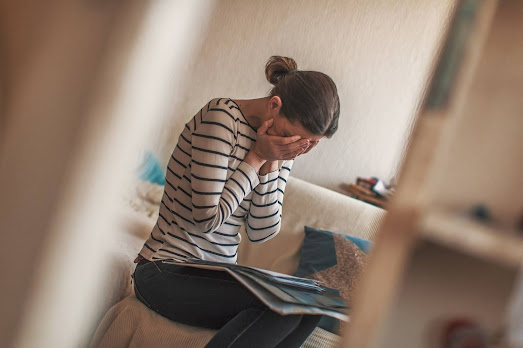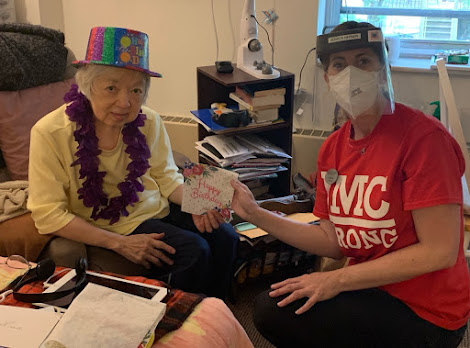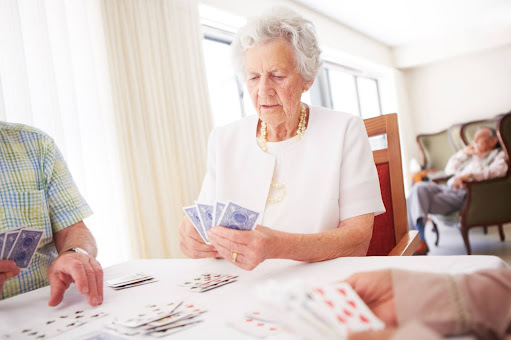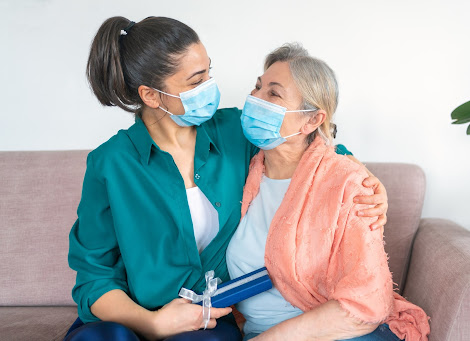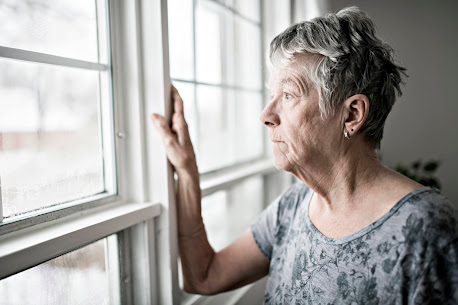The sooner a person having a stroke gets care, the better their outcome
is likely to be. For those who may not know, a stroke occurs when the flow of
blood to the brain is interrupted, preventing the brain from getting oxygen and
nutrients. Brain cells begin to die very quickly when this occurs, with damage
occurring within three minutes, which is why rapid treatment is so important.
For this reason, it’s helpful to know the signs of a stroke and treatment
options, so you can act quickly and effectively. Our short-term
rehab team in Cape May County, NJ, has put together a guide to strokes that
involves critical information regarding symptoms and treatments.
There are three
main types of stroke:
- Ischemic stroke – This is the most
common type of stroke. It’s often caused by a blood clot travelling
through the arteries and veins that becomes stuck and forms a blockage.
- Hemorrhagic stroke – This occurs when
an artery in the brain starts to leak blood onto the brain, causing an
increase of pressure in the skull that damages brain cells.
- Transient ischemic attack or stroke – A
transient ischemic attack (TIA), often called a mini-stroke, is a minor
blockage that causes reduced blood supply to the brain for a short time.
Although the effects are more minor, it’s an important warning sign that
the person is at risk for future strokes. Immediate medical treatment is
necessary.
A stroke can happen at any age, but seniors are especially vulnerable,
especially if they suffer from high blood pressure, high cholesterol, diabetes
or obesity. You are also at risk if you smoke, drink heavily or live a
sedentary lifestyle.
Stroke symptoms
If you recognize any of the following six symptoms of stroke in yourself
or someone else, call 911 immediately:
- Sudden weakness
in one side of the face and body
- Sudden confusion
- Difficulty
speaking or understanding
- Sudden, severe
headache
- Sudden lack of
coordination, loss of balance and dizziness
- Possible
vomiting, drowsiness, nausea, loss of vision
How are strokes treated?
This depends on the type of stroke and the severity of the stroke.
- tPA – In some cases, if a stroke is
detected within the first 3 to 4.5 hours of occurrence, a tissue
plasminogen activator (tPA) can be given to dissolve a blood clot and
minimize the damage caused by the stroke. In some cases, this emergency
drug can reverse the effect of the stroke and promote a quicker recovery.
- Blood thinners – Antiplatelet
and anticoagulant drugs may be given to prevent dangerous blood clots from
forming and to prevent existing blood clots from worsening.
- Blood pressure medication – Medications
like statins may be prescribed to lower blood pressure to help lower the
risk of future strokes.
- Stents – Surgeons can place stents in weak
arteries. These small structures are a lot like scaffolding that will hold
the arteries open.
- Surgical removal – If other
treatments do not work or are not recommended, a surgeon may physically
remove the blood clot from the affected arteries. This is usually
performed using a catheter. If the person has a hemorrhagic stroke, the
surgeon may have to physically clip the aneurysm to stop the bleeding and
open the skull to relieve the pressure on the brain.
Stroke recovery and short-term rehabilitation at
United Methodist Communities
The brain is a powerful and amazing organ and rehabilitative therapy is a
useful tool for helping seniors regain physical and mental skills that have
been affected by the stroke. At The Shores, an assisted
living community in Cape May County, we offer short-term rehab that brings
occupational, speech, respiratory and physical therapy specialists together to
provide comprehensive care for residents with complex medical conditions. To
find out more about short-term rehabilitation in Ocean City, NJ, contact United
Methodist Communities at The Shores today or visit our website at: https://theshores.umcommunities.org/
Original blog posted on https://theshores.umcommunities.org/the-shores/stroke-awareness-month-signs-and-treatments-for-seniors/
